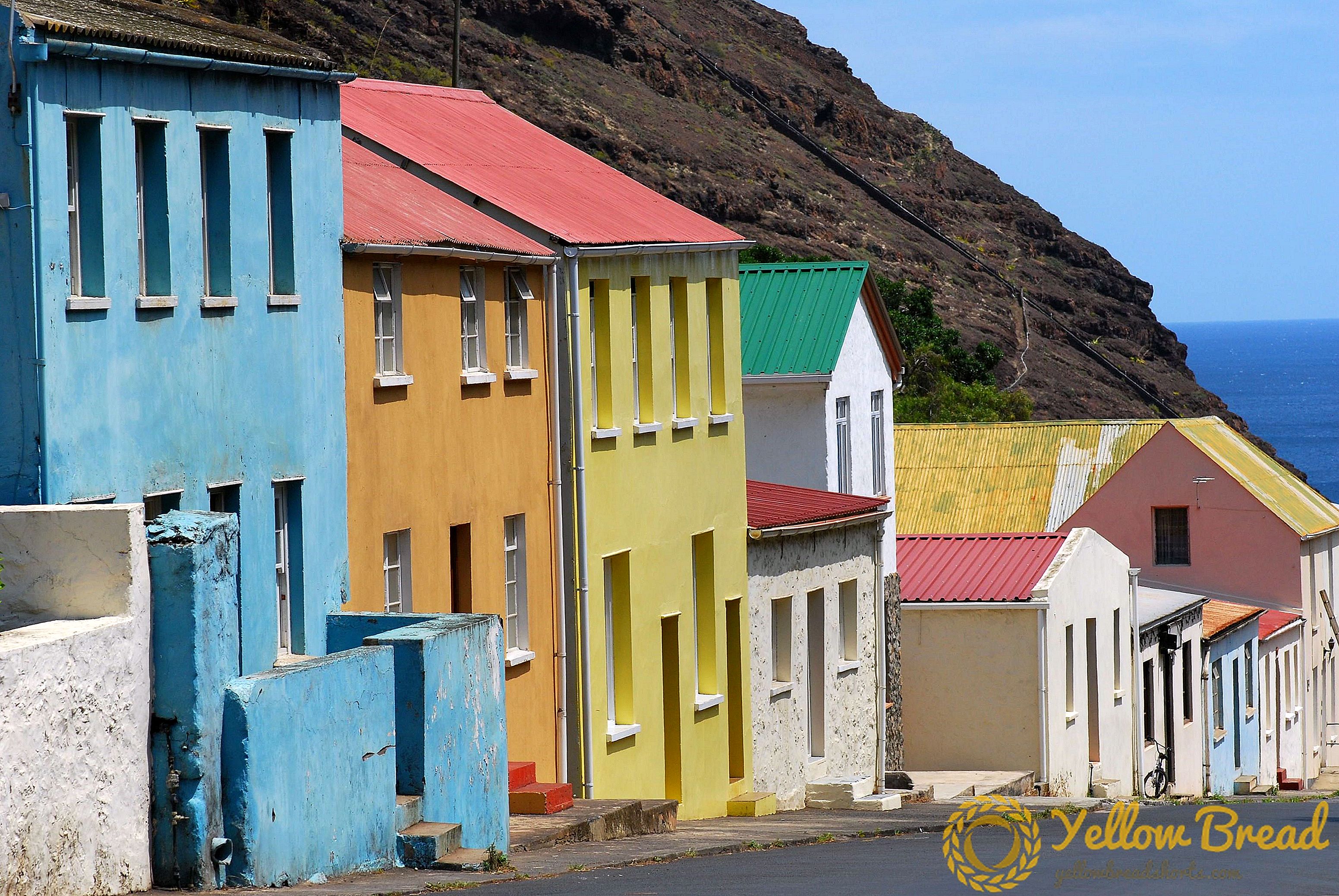After the British defeated him at the Battle of Waterloo in 1815, Napoleon Bonaparte was banished to the remote island of St. Helena, located off the coast of Africa, in the middle of the South Atlantic Ocean, some 1,200 miles from land.
The tiny volcanic island, along with the rest of the Atlantic, was controlled by the British Empire. That, coupled with its remote location made escape impossible for the former Emperor of the French, who died on the island in 1821.
Today, St. Helena is still one of the most isolated islands in the world - the only way to get there is to take the mail ship that makes the five-and-a-half day journey from Cape Town, South Africa, every three weeks. But that isolation won't last much longer.

According to CNN, an airport will open on the island in 2016, increasing opportunities for tourism. The island's 4,500 residents, known as "Saints," will also be able to travel outside of their homeland much more easily.
The arrival of air travel will give people the world over the chance to experience St. Helena's undisturbed gorgeous landscapes, as well as its historical sites and charming capital city, Jamestown.

And although only time will tell how St. Helena's airport will impact the area, as CNN reports, the connection to Napoleon could also draw plenty of history buffs to the island's stunning shores.






